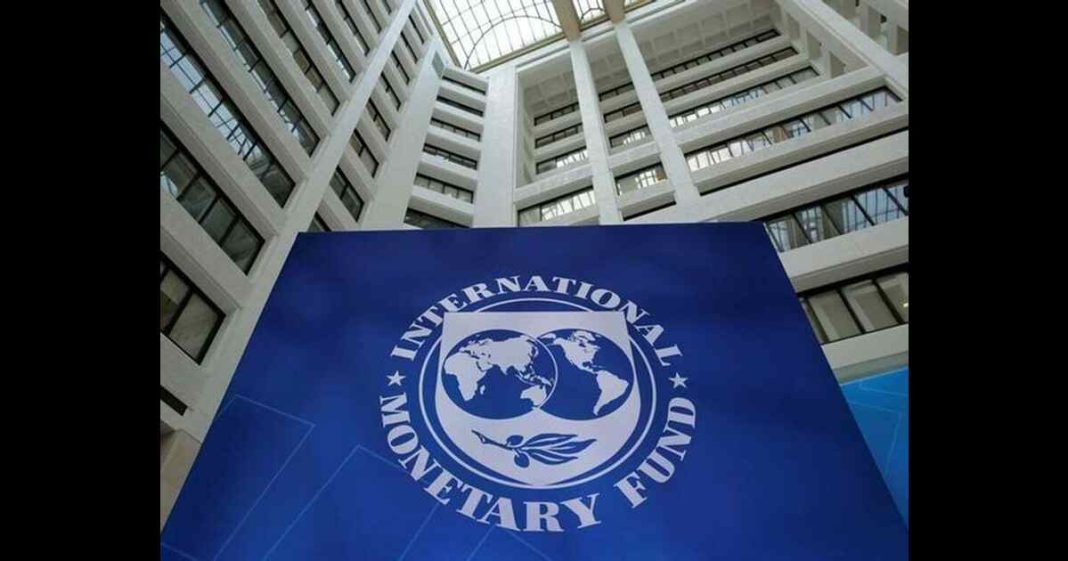Pakistan has formally requested an additional loan of $1.5 billion from the International Monetary Fund (IMF) to mitigate the severe impacts of climate change. This appeal was made during a meeting between Prime Minister Shehbaz Sharif and IMF Managing Director Kristalina Georgieva on the sidelines of the United Nations General Assembly session in New York. The proposed loan is intended to support Pakistan’s Climate Resilience and Sustainability Facility, which aims to address environmental challenges while fostering economic stability and sustainable development.
Read More: Death Toll in Lebanon Surges as Israeli Bombardment Continues
Prime Minister Sharif emphasized the urgent need to mobilize adaptation financing and highlighted the critical issue of climate change. The IMF’s Managing Director reaffirmed the Fund’s support for Pakistan’s efforts, emphasizing the importance of maintaining macroeconomic stability while advancing inclusive growth. Pakistan’s Finance Minister Muhammad Aurangzeb is expected to further discuss this issue during the IMF-World Bank Annual Meetings in October.
IMF’s Long-Term Commitment to Pakistan
The IMF had earlier approved a $7 billion loan program for Pakistan under its Extended Fund Facility (EFF), which spans 37 months. This new $1.5 billion loan request falls under the Resilience and Sustainability Facility (RSF), a concessional lending program that provides affordable long-term financing. Unlike the EFF, which requires repayment within four to ten years, the RSF allows repayment over 20 years, enabling Pakistan to implement long-term climate reforms without immediate financial pressures.
Pakistan became eligible for this climate-related financing after meeting the necessary conditions, including the World Bank’s Country Climate and Development report, completed in 2022. This RSF will focus on reducing macro-critical risks related to climate change and strengthening Pakistan’s economic resilience. It will also augment financial buffers to tackle structural challenges, such as pandemic preparedness.
Structural Reforms and Privatization Agenda
In addition to addressing climate change, the IMF has underscored the need for Pakistan to implement structural reforms, including privatization of state-owned enterprises (SOEs). A key focus is the privatization of Pakistan International Airlines (PIA), where 60% of shares are slated to be sold in an upcoming bidding process. The privatization agenda is crucial in reducing fiscal losses and addressing the over-sized role of the state in Pakistan’s economy.
However, concerns have arisen over whether the bidding will proceed as scheduled on October 1, as logistics arrangements were reportedly halted. The IMF has stressed that privatization is vital for improving Pakistan’s business environment and attracting foreign investment, which remains relatively low compared to peer nations.
Addressing Long-Term Challenges
The IMF has expressed concerns about Pakistan’s long-term vulnerabilities, particularly in terms of health, education, and infrastructure. These sectors have been underfunded, contributing to persistent poverty and limiting economic potential. Pakistan’s failure to invest adequately in infrastructure has also increased its susceptibility to the devastating effects of climate change.
The IMF’s key priorities for Pakistan under the $7 billion loan program include expanding the tax base, improving governance, and reforming public service delivery in sectors such as energy. The Fund emphasized the need for concerted reforms to rebuild credibility, enhance competitiveness, and strengthen economic resilience. Without these measures, Pakistan risks falling further behind its peers, making it imperative to address both fiscal and environmental challenges.














